Description
Acidifiers for Ruminants feed for sale
Are you looking to boost the health and performance of your livestock? Look no further than Acidifiers for Ruminants feed for sale. Order from us now.
Understanding the Role of Acidifiers in Ruminant Nutrition
In the realm of livestock production, particularly in ruminant nutrition, the use of acidifiers has gained significant attention for their potential benefits. Acidifiers are known for their ability to positively influence the digestive processes and overall health of ruminant animals. By creating an acidic environment in the gut, acidifiers can enhance the digestibility of nutrients, promote a balanced microbial population, and improve feed efficiency. This article delves into the world of acidifiers for ruminants, exploring the different types available, their benefits, factors to consider when selecting them, and guidelines for their effective use in ruminant feeds.
Acidifiers for Ruminants feed for sale
Introduction to Acidifiers for Ruminants
When it comes to keeping our fluffy ruminant friends happy and healthy, nutrition plays a crucial role. Acidifiers are like the secret sauce of ruminant nutrition, working behind the scenes to support digestion and overall well-being.
Understanding the Role of Acidifiers in Ruminant Nutrition
Acidifiers are like the unsung heroes in the world of ruminant nutrition. They help create an optimal environment in the digestive system, promoting better nutrient absorption and microbial balance. Think of them as the friendly neighborhood helpers in your ruminants’ stomachs.
Acidifiers for Ruminants feed for sale
Benefits of Using Acidifiers in Ruminant Nutrition
Using acidifiers in ruminant nutrition is like giving your furry pals a VIP pass to better digestion and gut health. Let’s dive into some of the perks that come with adding acidifiers to their diet.
Improving Digestibility and Nutrient Utilization
Acidifiers are like the personal trainers for your ruminants’ digestive systems, helping them break down food more efficiently and get the most bang for their buck when it comes to nutrients. Say goodbye to wasted nutrients and hello to better digestion!
Enhancing Gut Health and Microbial Balance
Just like us humans need a balanced gut
for overall health, our ruminant buddies rely on a harmonious microbial community in their gut. Acidifiers help create a happy home for these microbes, promoting a healthier gut and a happier ruminant.
Types of Acidifiers Available for Ruminants
Not all acidifiers are created equal, and there are different types available to suit your ruminants’ dietary needs. Let’s take a peek at the two main categories of acidifiers that can level up your ruminants’ nutrition game.
Organic Acidifiers
Organic acidifiers are like the trendy health foods of the ruminant world – natural, effective, and packed with benefits. They can help improve digestion, inhibit harmful bacteria, and support overall gut health in our fluffy pals.
Inorganic Acidifiers
Inorganic acidifiers are like the reliable workhorses of ruminant nutrition – straightforward, efficient, and no-fuss. They can help control pH levels in the digestive system, inhibit pathogens, and boost nutrient utilization in our beloved ruminants.
Factors to Consider When Selecting Acidifiers for Ruminants
Choosing the right acidifier for your ruminants is like picking out the perfect outfit – it needs to fit just right and make them feel fabulous. Here are some key factors to keep in mind when selecting acidifiers for your furry friends.
Ruminant Species and Age
Different ruminant species and age groups have unique nutritional needs, so it’s important to choose acidifiers that are tailored to their specific requirements. What works for a sprightly young calf might not be the best fit for a wise old goat!
Diet Composition and Feeding Practices
The diet your ruminants follow and your feeding practices can influence the effectiveness of acidifiers. Consider factors like the type of forage, concentrate, and supplements they consume, as well as how and when they are fed. A little attention to detail goes a long way in maximizing the benefits of acidifiers for your fluffy companions.
Application and Dosage Guidelines for Acidifiers in Ruminant Feeds
Methods of Incorporation in Feed
When it comes to incorporating acidifiers into ruminant feeds, there are a few key methods to consider. These can include top-dressing onto the feed, mixing into total mixed ration (TMR), or even through the use of water additives. The choice of method can depend on factors such as the type of acidifier used, the feed formulation, and the specific needs of the animals.
Recommended Dosages for Different Ruminant Categories
Determining the right dosage of acidifiers for ruminants is crucial to achieving optimal results. Recommended dosages can vary based on factors like the type of acidifier, the age and weight of the animals, and the specific health or production goals. Consult with a nutritionist or veterinarian to ensure accurate dosing for different ruminant categories, whether it’s dairy cows, beef cattle, sheep, or goats.
Evaluating the Effectiveness of Acidifiers in Ruminant Production
Measuring Performance Indicators
Assessing the effectiveness of acidifiers in ruminant production involves monitoring key performance indicators. These can include parameters like feed conversion efficiency, milk yield, growth rates, and overall animal health. Keeping track of these indicators before and after incorporating acidifiers can help evaluate their impact on ruminant production.
Assessing Economic Benefits
In addition to performance indicators, evaluating the economic benefits of using acidifiers in ruminant production is essential. This can involve analyzing factors such as feed costs, animal productivity, veterinary expenses, and overall profitability. Understanding the economic impact can help justify the investment in acidifiers for ruminant nutrition.
Market Overview: Availability and Sources of Acidifiers for Ruminants
Popular Brands and Suppliers
The market for acidifiers for ruminants offers a variety of brands and suppliers catering to different needs. Some popular brands include XYZ Acidifiers and ZYX Ruminant Solutions, known for their quality and effectiveness. Suppliers can range from local feed stores to national distributors, offering a range of options for ruminant producers.
Regulatory Considerations and Quality Standards
When sourcing acidifiers for ruminants, it’s important to consider regulatory requirements and quality standards. Ensure that the products meet industry guidelines and are safe for use in animal feeds. Look for certifications like FDA approval or adherence to quality assurance programs to guarantee the quality and safety of the acidifiers.
Future Trends in Acidifier Use for Ruminant Nutrition
Innovations in Acidifier Formulations
The future of acidifiers in ruminant nutrition may see advancements in formulations to improve efficiency and effectiveness. Innovations could include enhanced stability, targeted delivery systems, or synergistic combinations with other additives to maximize benefits for ruminants.
Research Directions and Emerging Applications
Ongoing research in the field of acidifiers for ruminants is exploring new applications and potential benefits. Future directions might focus on areas such as gut health, immune function, or environmental sustainability. Stay tuned for emerging research findings that could shape the future use of acidifiers in ruminant nutrition.In conclusion, the use of acidifiers in ruminant nutrition presents a promising avenue for enhancing animal health and performance. With a better understanding of the types of acidifiers, their benefits, and proper application guidelines, ruminant producers can make informed decisions to optimize feed efficiency and overall production outcomes. As the industry continues to evolve, staying abreast of market trends and emerging research will be crucial in maximizing the potential of acidifiers for ruminants.
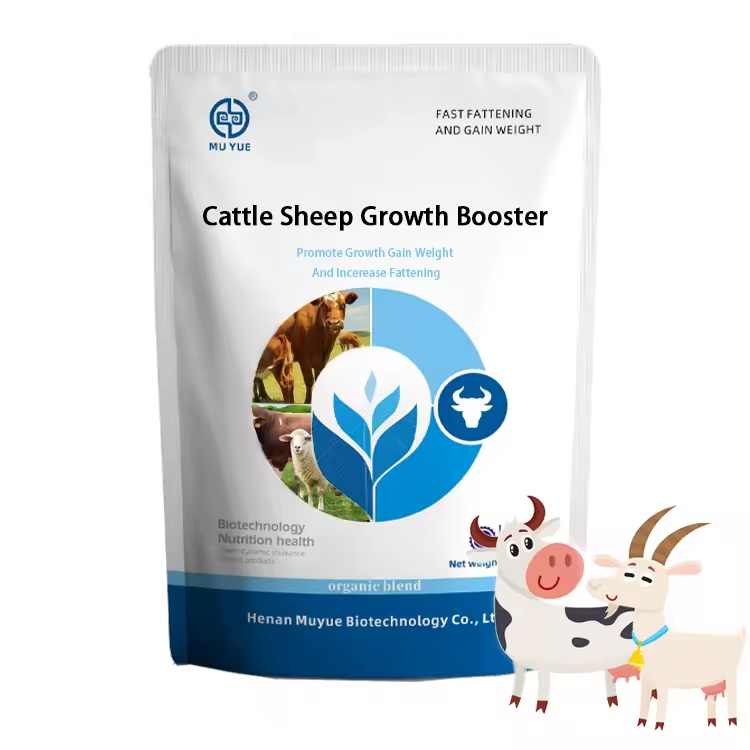
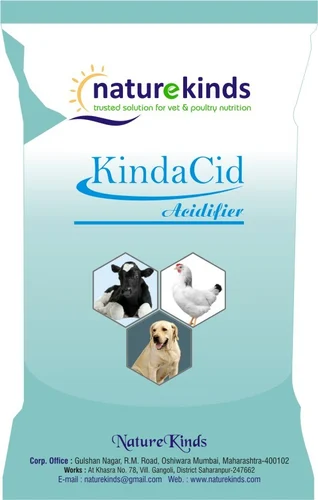

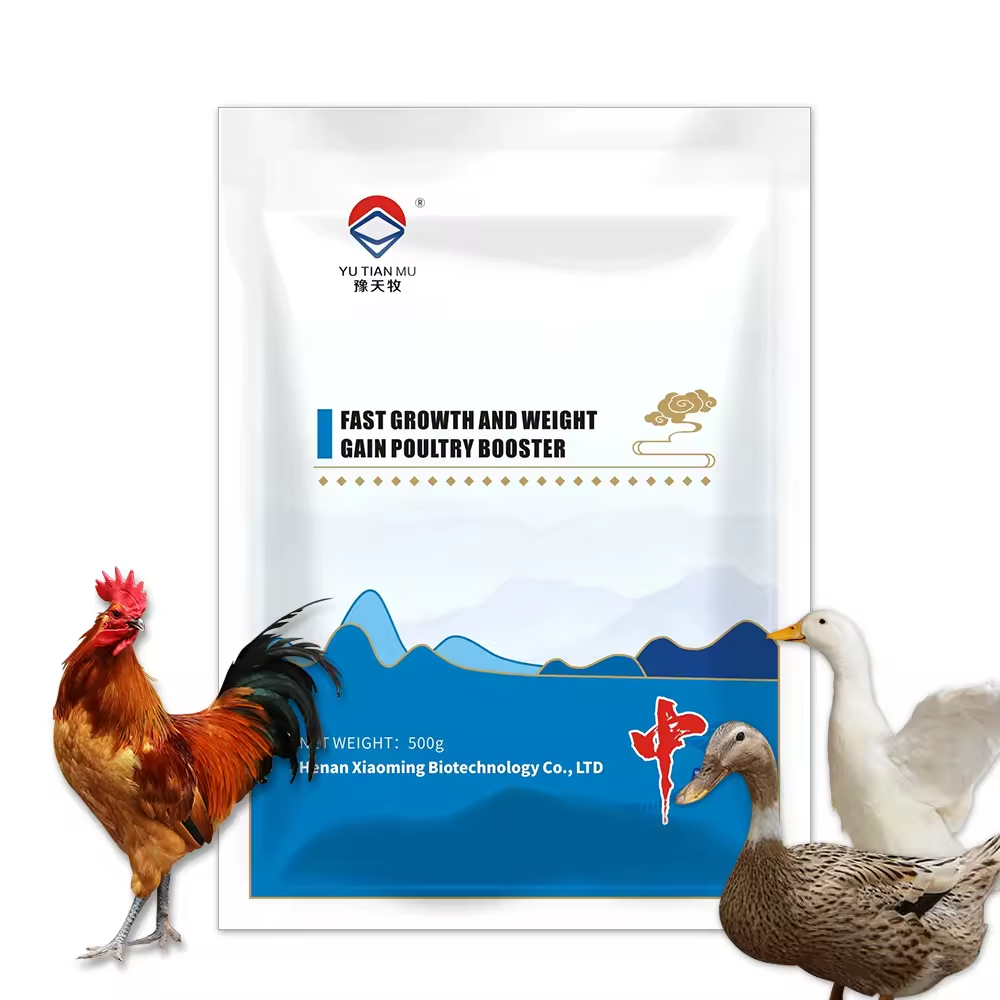
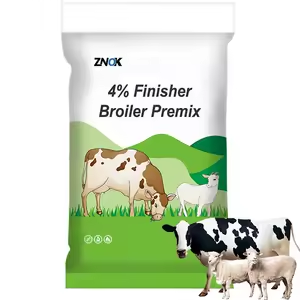
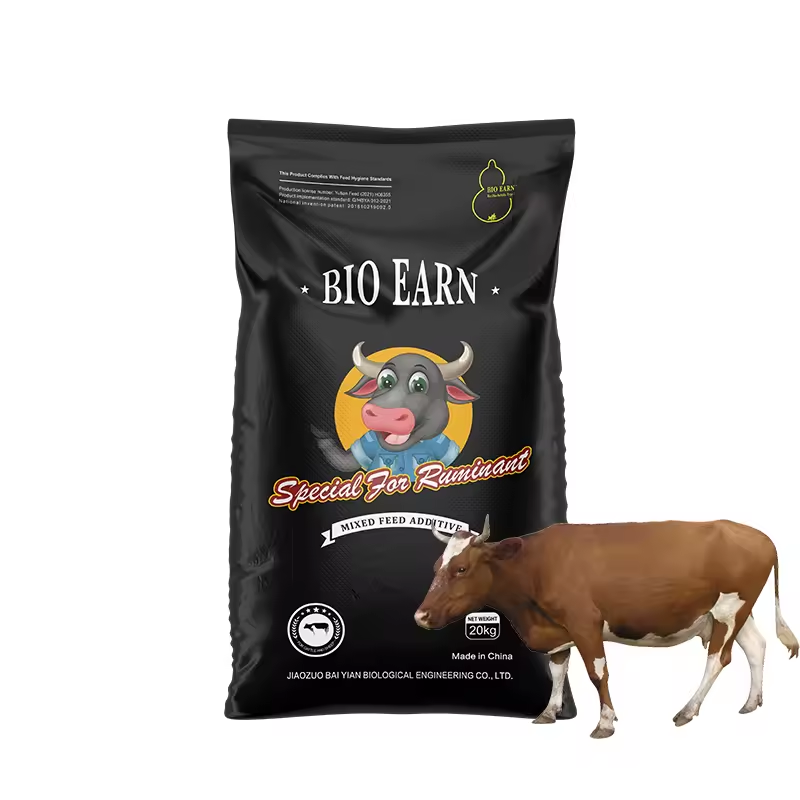

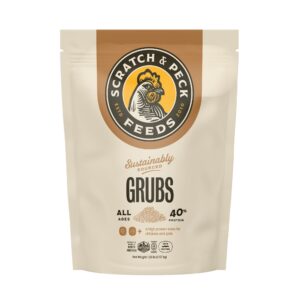
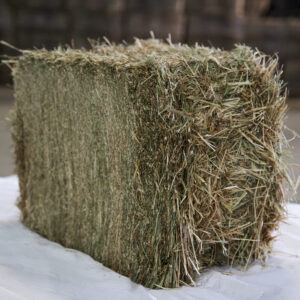
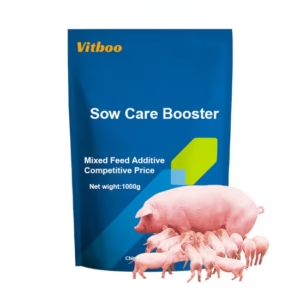
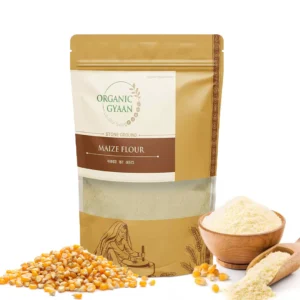


Reviews
There are no reviews yet.